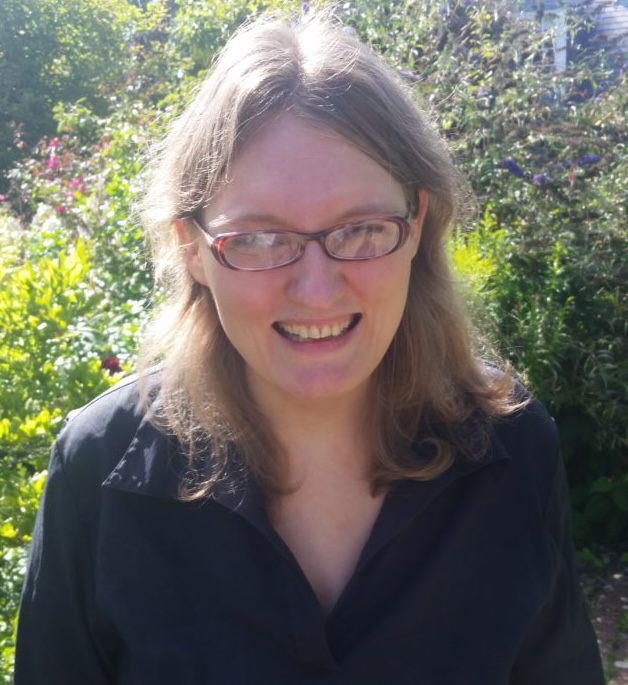Rebecca Ruth Gould
Supported by Friends of Glasgow University Library
Rebecca Ruth Gould is Distinguished Professor of Comparative Poetics and Global Politics at SOAS University of London. Her most recent book is Erasing Palestine: Free Speech and Palestinian Freedom (Verso, 2023). Her book manuscript in progress Sex and the State: Marriage and the Origins of Gender Inequality (forthcoming, Stanford University Press). Her writing has been featured by Al Jazeera and published by London Review of Books, The Nation, The New Arab, Jacobin, and Middle East Eye. She is the editor, author, and publisher of The Textual Materialist. She also runs the Poetry & Protest channel on YouTube.
During her research fellowship at the University of Glasgow Library, Gould will investigate the university’s holdings pertaining to Mary, Queen of Scots, who ruled Scotland from 1542 until her forced abdication in 1567. Her work in the library will help her gain a better understanding of how Mary has been remembered by women writers across the centuries. As a queen destined for the heights of power who was repeatedly conspired against by her male advisers, relatives, and companions, Mary’s legacy has often been treated as a warning to women who aspire to power and as a paradigmatic tale of how even the greatest of queens can be subjugated by men. This research will give historical depth and breadth to Gould’s argument concerning the relation between marriage gender inequality across time and space that is the crux of her current book project: Sex and the State: Marriage and the Origins of Gender Inequality.
“I am thrilled to have the opportunity to spend time with the University of Glasgow’s outstanding collections pertaining to the life and legacy of Mary, Queen of Scots, in the library’s Special Collections as well as in the Hunterian. My research has already been inspired by the university’s Mary Queen of Scots Project, which has helped to raise awareness regarding Mary’s extraordinary legacy. I look forward to further building on this research in my own work, and to the broader understanding it will give me of early modern women and their access to sovereignty.”


